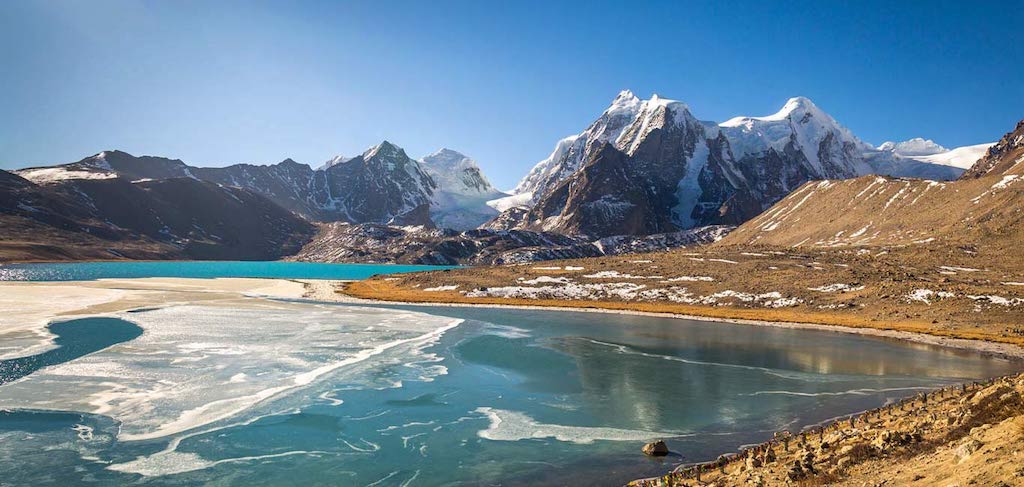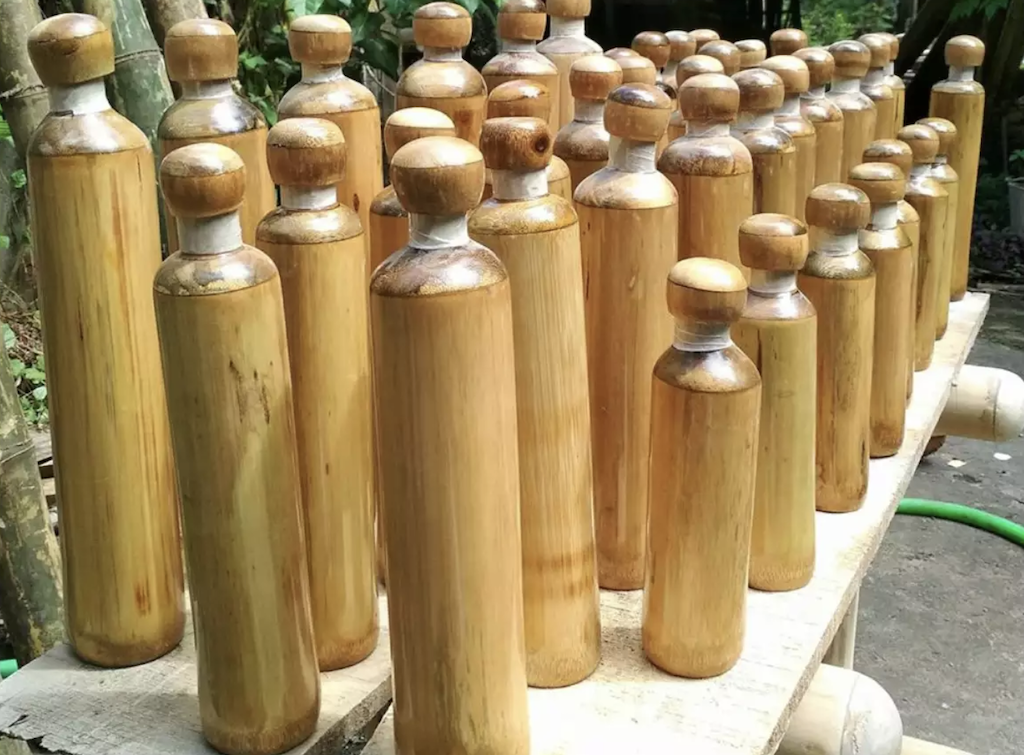3 Mins Read
In a bid to stop the use of plastic water bottles and littering, the picturesque town of Lachen in Sikkim, India will be introducing bamboo water bottles for tourists. The town is famous for its snow-capped mountain peaks and views with gorgeous vistas of the Himalayas, attracting thousands of tourists each year who have left behind a trail of waste and environmental pollution. It is the latest in a series of measures by Sikkim’s authorities to fight the country’s mounting plastic waste crisis.
A quaint town in the northeastern Indian state of Sikkim has just announced that it will introduce bamboo water bottles for tourists in order to end the littering and plastic waste left behind by the growing influx of tourists. Lachen draws in thousands of tourists each year for its beautiful snow-capped mountains and natural landscape.

Prompted by multiple complaints from the local community voicing concerns about plastic waste from tourists, Sikkim MP Hishley Lachungpa has ordered 1,000 bamboo water bottles from Assam. Tourists visiting Lachen will be asked to either leave behind their plastic bottles outside of the town, or to transfer their water into reusable bottles that will be available at most shops. The bamboo water bottles will launch during the Losar festival later this year, which marks the most popular and significant annual celebration in the northeastern state.
This is just the latest step that local authorities have had to take to fight plastic pollution in the town. In 1998, the entire state of Sikkim banned plastic water bottles, and in 2016, it banned the use of all types of packaged drinking water in government offices and government events.
Lachen is not the only town inundated with plastic waste – the issue of plastic pollution is prevalent throughout the entire country of India and across the world. In India, most cities lack efficient and effective waste management systems, with only 14,000 out of 25,000 tonnes of plastic waste produced daily actually being collected, let alone segregated or recycled. The issue of plastic waste is set to grow as the demand for plastic continues to be driven by rapid urbanisation and population rise.

In response, prime minister Narendra Modi has announced that the country plans to phase out single-use plastics by 2022, but the policy stops short of a blanket ban on disposable plastics.
Like Sikkim, individual states in India are implementing their own measures to combat plastic pollution. In Chhattisgarh, the city of Ambikapur has opened a Garbage Cafe, which gives people a full nutritious hot meal in exchange for plastic waste. The plastic collected at the cafe will go towards road construction, which the city authorities have achieved before in 2015 when an entire road was built from plastic waste. Upon receiving appraisal for the concept of bartering food for plastic collection, other states are now too planning to launch Garbage Cafes across cities.
Lead image courtesy of Bambouri.




